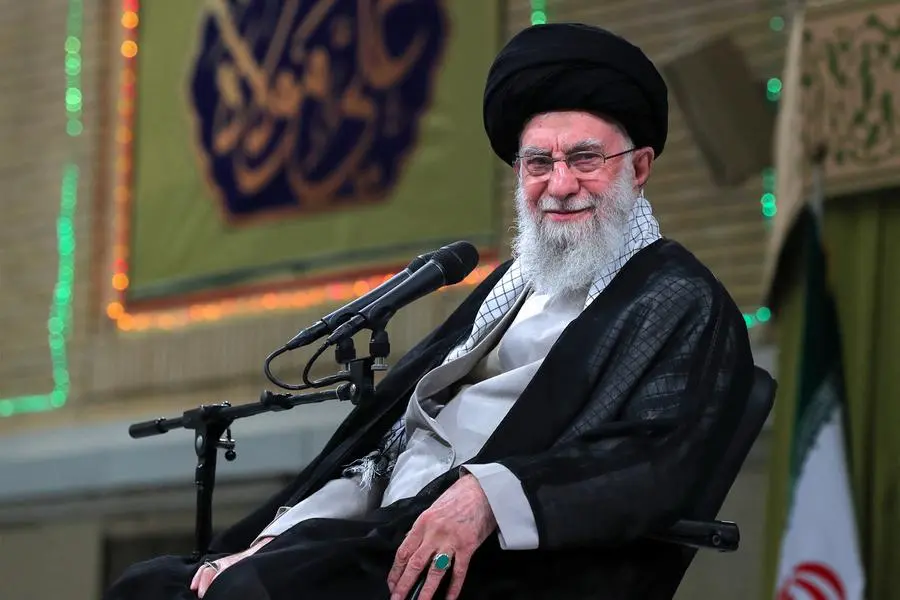PHOTO
Iranian supreme leader Ayatollah Ali Khamenei on Tuesday called for "high participation" in Friday's presidential election to replace Ebrahim Raisi, who died last month in a helicopter crash.
"We emphasise the importance of high participation (in the election) because it is the pride of the Islamic republic," Khamenei declared in a televised speech three days ahead of the vote.
"In every election where the turnout was low, the enemies of the Islamic republic have denounced us," he added.
Voters have the choice between six candidates, who were selected by the Guardian Council -- an unelected body dominated by conservatives -- from the 80 hopefuls who had filed their candidacy.
The three frontrunners are considered to be conservative parliament speaker Mohammad Bagher Ghalibaf, ultraconservative former nuclear negotiator Saeed Jalili and reformist lawmaker Massoud Pezeshkian.
During the last presidential election, in 2021, the government invalidated many reformists and moderates, which allowed Raisi, the candidate of the conservative camp, to be easily elected and succeed moderate president Hassan Rouhani.
Turnout was at 49 percent, the lowest rate for a presidential election since the Islamic Revolution of 1979.
The supreme leader, who has the final say on all major policy issues, criticised in his Tuesday speech "certain Iranian politicians" who "think that all paths to progress pass through the United States", the country that Iran considers its enemy.
Khamenei did not name any of the politicians he was referring to, but his remarks were likely directed at Pezeshkian, the reformist candidate.
He has called for improving ties with Washington in order to lift biting sanctions imposed by the United States, which have weighed heavily on the Iranian economy.
The next president will need to tackle a myriad of economic problems including rampant inflation and high unemployment, against the backdrop of regional tensions, war in the Gaza Strip and international concerns over Iran's nuclear programme.





















